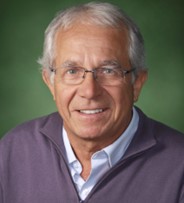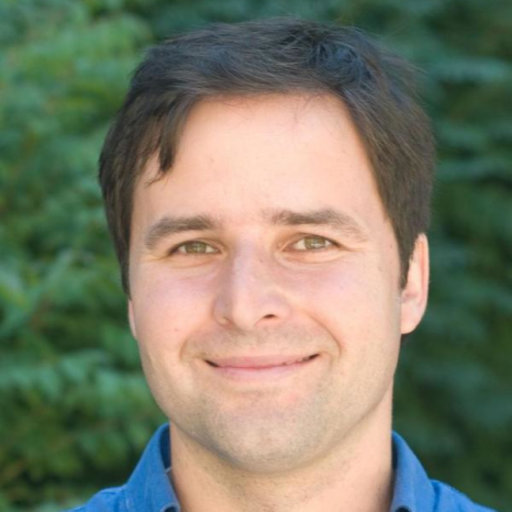Development of a farm-size biomass carbonizer for biocarbon production and carbon sequestration
Partners: BioIndustrial Innovation Canada; Gudgeon Thermfire International; WESSUC
The project aims at the development, design, and construction of a farm-size demonstration pyrolytic carbonizer to convert farm residual biomass and waste into biocarbon to be used as a soil amendment and for carbon sequestration.
Pyrolysis utilizes heat in the absence of oxygen to thermally crack organic materials into gases, vapors and biocarbon solids.
Our aim is to create an easy-to-use and innovative technology that could convert a broad variety of low value agricultural feedstocks into sufficient quantities of gases and vapors that could be used to provide the energy required for the process, thus making it autothermal, while producing biocarbon rich in minerals as the main output product.
The agronomical application of biocarbon will create a win-win solution by providing soil amendment and fertilizer properties while mitigating greenhouse gas emissions by generating an efficient and permanent solution in the form of stable carbon sequestration and storage in the soil.
The project, pursued in collaboration with BioIndustrial Innovation Canada, Gudgeon Thermfire and Wessuc, will consist in a techno-economic analysis for the carbonization of biomass, the development of an economic model for the aggregation of agricultural feedstocks, followed by the construction of a demonstration unit for field testing.
Researcher Biographies
Franco Berruti

- Institute for Chemicals and Fuels from Alternative Resources (ICFAR)
- Department of Chemical and Biochemical Engineering
- Western University, London, Ontario, Canada
Prof. Berruti started his academic career in 1986 at the University of Calgary, becoming a full professor in 1992 and Associate Dean (Research and Graduate Studies) in 1994. He served as Dean of Engineering at the University of Saskatchewan (1996-2000) and at the University of Western Ontario (2000-2008). He is the Founding Director of the Institute for Chemicals and Fuels from Alternative Resources (ICFAR) and he currently holds the “NSERC Industrial Research Chair in Thermochemical Conversion of Biomass and Waste to Bioindustrial Resources” co-sponsored by 11 industrial organizations. He is an accomplished and internationally recognized researcher with expertise in chemical reactor technologies, thermal cracking, conversion of heavy oils and biomass and plastic wastes into value-added fuels and chemicals. He has over 350 publications in several prestigious journals, books and conferences, and he holds four patents. He is involved in many international collaborations all over the world and has received numerous awards including the Bantrel Award in Design and Industrial Practice, the SCI Kalev Pugi Award, the Ontario Green Chemistry and Engineering Award, and the Canadian Academy of Engineering.
Hugh Henry
 Hugh Henry is a Professor in the Department of Biology and Director of Western University’s Environmental Sciences Western (ESW) field station. He is a plant and ecosystem ecologist with specific expertise in carbon and nitrogen cycling, winter biology and global change. Much of his research focuses on how plants and soils respond to nitrogen pollution, and variation in freezing resulting from a changing climate. He also collaborates on a range of applied projects investigating how cover crops, soil amendments such as biochar and advanced fertilizer coatings affect soil nitrogen retention and carbon sequestration. He is a Subject Editor for the journal Ecology and co-author of the book Climate Change Biology.
Hugh Henry is a Professor in the Department of Biology and Director of Western University’s Environmental Sciences Western (ESW) field station. He is a plant and ecosystem ecologist with specific expertise in carbon and nitrogen cycling, winter biology and global change. Much of his research focuses on how plants and soils respond to nitrogen pollution, and variation in freezing resulting from a changing climate. He also collaborates on a range of applied projects investigating how cover crops, soil amendments such as biochar and advanced fertilizer coatings affect soil nitrogen retention and carbon sequestration. He is a Subject Editor for the journal Ecology and co-author of the book Climate Change Biology.

